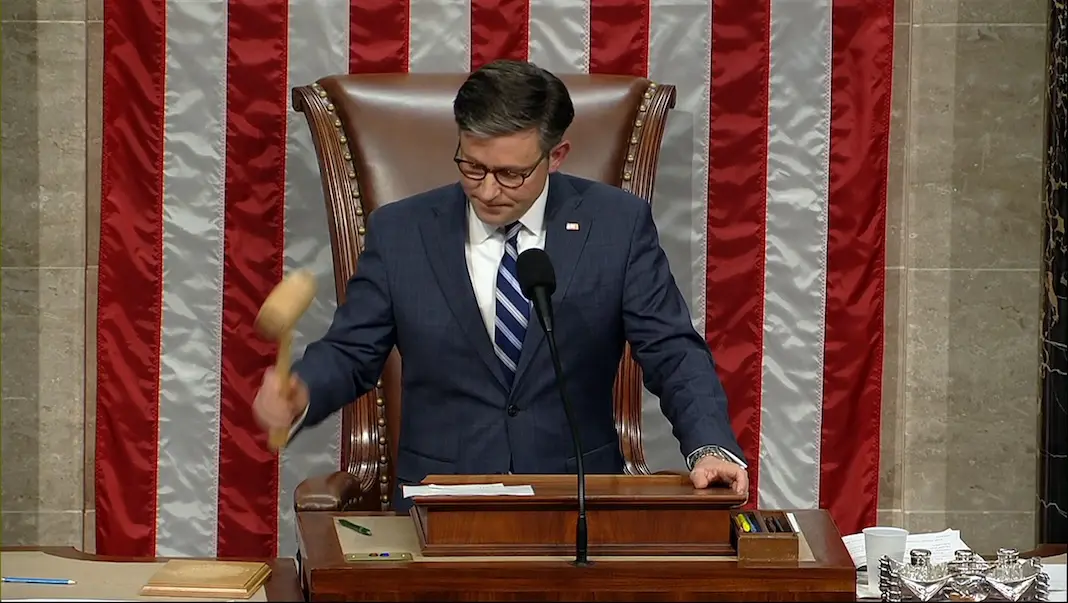Elections, U.S. House
Meet the candidates running for the open seat in Montana's 2nd Congressional District

Elections, U.S. House

Elections, Politics, U.S. House, U.S. Senate

Elections, Politics, U.S. House, U.S. Senate

Elections, Politics, U.S. House, U.S. Senate
